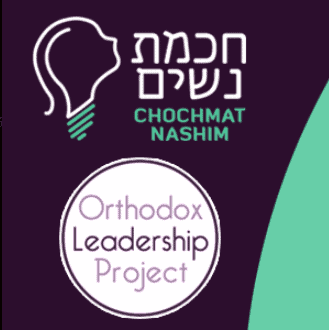I have a confession to make. Having grown up in London, it is always at this time of year that I miss the “Christmassy” feel from home. Coming from a religious Orthodox home, we never celebrated Christmas — far from it — but the sound of those heart-warming songs on the radio, the prevalent festive and relaxed mood surrounding us, the pretty lights and decorations, and of course the Queen’s Speech on Christmas Day was certainly not lost on me. And though I don’t think there is anything wrong with enjoying the cultural feel-good factor of another religion’s celebrations, it strikes me as a travesty when religious particularities and traditions take on a glib generality that makes them indistinguishable one from the other.
How much are we to take from other cultures or religions? Is there a moment in our appreciation of the “other” that we lose the sense of our own particularity? When does appreciation become assimilation? Are we to shut ourselves off from the world so as not to become “influenced” by the other, or are we to engage in the world at the risk of sacrificing our own identity and uniqueness? How best can we become a “light unto the nations”?

